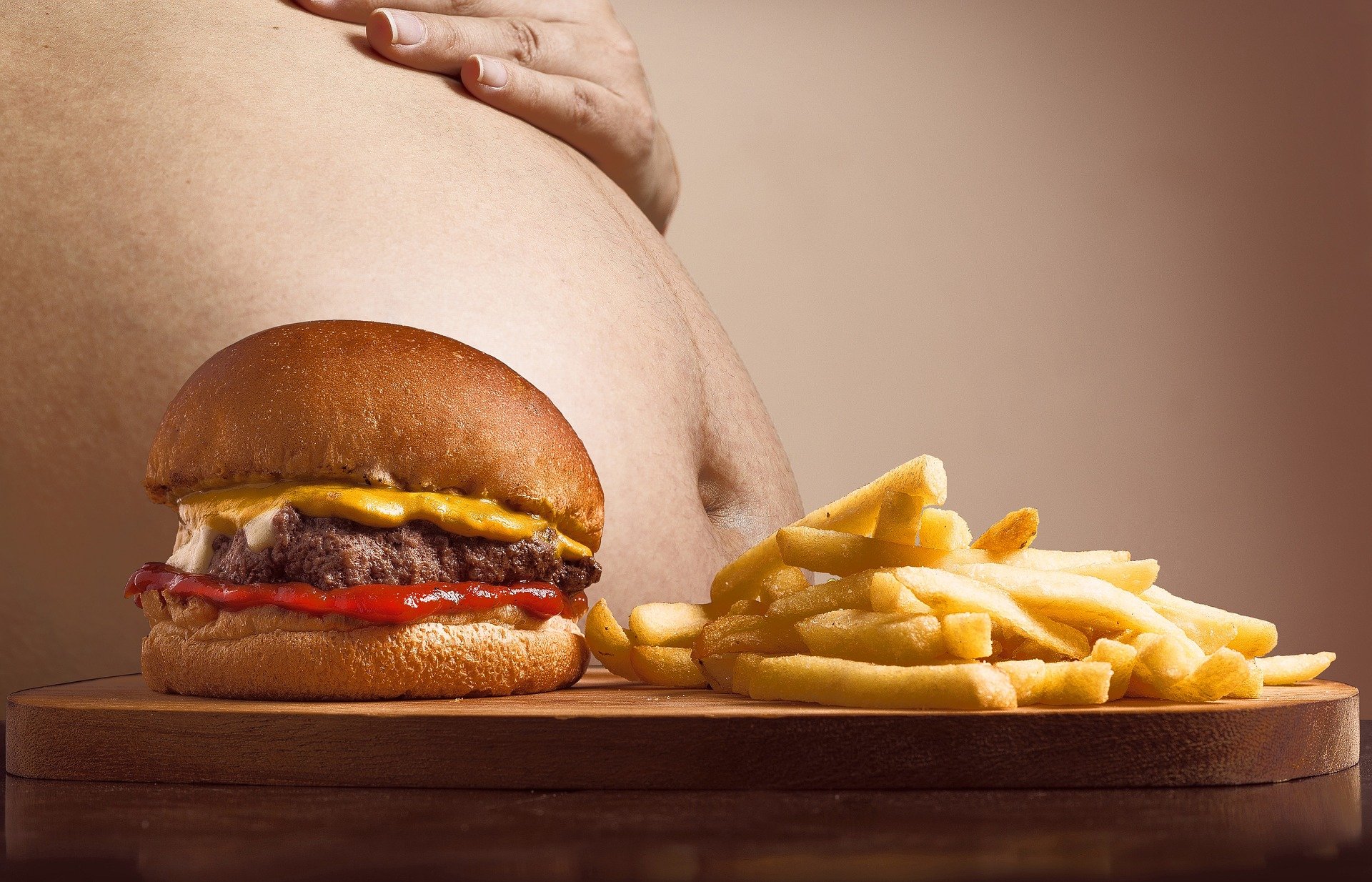In many cases, the media propagates Fats Diet. And sometimes, cultish tribalism rather than a discussion of the intricacies of scientific evidence seems to be the only way to proceed. Nevertheless, scientists disagree about science.
It’s human nature to pay heed to those who shout the loudest and make the most radical suggestions. So it is in the field of nutrition, particularly in the area of weight-loss diets. A great deal of public discussion seems to be generated by the several Diets that are constantly discussed and implemented.
We are creating misunderstandings in the media and among the community’s intended audience. According to the Oxford English Dictionary, Fads are “an intense and widely shared excitement for anything.”
This is especially true of a transient and unjustified discussion in terms of the characteristics of the subject matter under discussion. A Fats Diet is often favored for a short or long length of time, but it is not a nutritional suggestion in and of itself.
Inflated and rapid outcomes, such as dramatic weight loss and health advantages, are standard promises made by fad dieters. Pseudoscience and exclusivity are other common claims made in support of these methods.

Unfortunately, this kind of marketing may and often does stifle the public’s understanding of nutrition. In addition to other essential lifestyle modifications required for long-term health advantages, should consider individuals’ unique differences and preferences.
There are a lot of people for whatever reason, including famous ones. Self-professed specialists in diet and nutrition can make a good living if they go beyond the realm of actual knowledge.
Nutritional experts and doctors, on the other hand, have investigated several Fats Diet and identified potential benefits and hazards. We are allowing for the prescription of diets and the inclusion of specific concepts in those diets.
Loss of weight:
Should put obese patients on a low-calorie, low-energy diet to help them lose weight while still following the fundamental guidelines for a healthy diet. Dietary guidelines indicate a daily caloric reduction of 500 to 750 calories (women should aim for 1,200-1,500 calories per day, while males should aim for 1,500-1,800 calories per day).
Altering one’s eating habits in such a way as to produce an energy deficit and, as a result, reduce one’s body weight is another option. Meal planning and scheduling have grown in popularity in recent years, and a good deal of research has been done on the subject.
Fasting for long periods, such as “intermittent fasting” or “alternating-day fasting.” Weight loss and health advantages are possible with the use of calorie restriction. Despite its popularity, “blood-type” diets lack scientific support. Despite the mixed results of studies on genetic variation and specific food responses, it is not advisable to use this information.

This idea has spurred on Obesity-related gene-nutrient interactions. No single strategy will likely work for all patients, as evidenced by comparing numerous well-known diets. At the end of 12 months, 48 separate studies showed remarkably comparable weight loss results.
Medical nutrition therapy should focus on replacing calorie-dense food sources with nutrient-dense whole foods. Individuals making an effort to lose weight or improve their health through dietary changes are also ideal candidates for this surgery. All of these terms refer to the same thing: low-carbohydrate diets.
Many people’s Fats Diet are dominated by starchy, refined, processed carbohydrates, and sugary foods and beverages. As a result, restricting one’s consumption of
carbohydrates is an effective way to lose weight. A carbohydrate-insulin model of obesity has been proposed scientifically.
Ketogenic Fats Diet:
According to proponents of low-carb diets such as Atkins or ketogenic diets, which promise to lower insulin levels and, as a result, boost fat burning, increase metabolism, and overall better health. Similarly, it has been hypothesized that improving metabolism by consuming a high-fat diet in ketosis conditions.
When people try to boost their fat intake by consuming it from unwholesome sources, problems develop. The health benefits of things like butter and coconut oil have long been extolled. Some people may experience adverse reactions due to this, which may harm their metabolic and cardiovascular health.
Following a low-carb diet and eating habits such as this can help you lose weight. Fats Diet based on whole foods or plant foods, such as the Mediterranean diet, are better choices.
Low in Fats Diet:
Ornis and other plant-based or vegetarian diets have long been considered to be sensible. Unfortunately, they’ve misinterpreted, leading some to believe they’re safe. Low-fat but high-sugar/carbohydrate foods and snacks have been unfairly blamed on their recommendations. One possibility is that this is causing the problem of obesity.

A lot of protein in the diet:
Protein-heavy diets have been shown to increase satiety in some studies. An overall caloric deficit is achieved as well as an advantage in metabolic rate and weight loss. Maintaining muscle mass while losing weight is another benefit of consuming adequate protein in the diet.
However, patients with kidney illness should be cautious when it comes to consuming a lot of protein. Those who do not have kidney disease and consume large doses of protein, even in the case of highly trained athletes, have not been proven to be harmful. For those with obesity and prediabetes, high-protein, low-energy meal replacements did not alter renal function in research.
Carnivore:
This dietary craze excludes meals other than animal flesh or products and is naturally high in protein. No matter how low in carbohydrates and how variable the fat content is, it is still a healthy choice. It’s the opposite reaction of a meat-eater to a vegan diet.

That sounds extremely dangerous and unwise on the surface. This definition does not include plant-based foods with established health benefits such as vegetables, legumes, fruits, nuts, and seeds.
Paleo:
We can trace our pre-agricultural ancestors’ meals back to pre-agricultural hunter-gatherer forebears by following a paleolithic or caveman diet. The “Paleolithic Nutrition” paper published in the New England Journal of Medicine by Loren Coordain is credited with popularizing the paleo diet.
It can also eliminate foods with established health advantages such as dairy and beans/legumes from Fats Diet. Despite this, many advocates still allow bacon and other processed meat products. Overall, the concepts of this approach can significantly increase the quality and quantity of one’s food intake.
Apart from the weight loss that can be achieved with calorie restriction, there are various other health advantages. However, it is essential to remember that “paleo” foods, such as high-fat meats, are not necessarily healthful or low-calorie.
People who adhere to a strict paleo diet may exclude nutritious food options such as dairy and legumes/pulses from their diets. Additionally, many rigorous paleo diets contain only “wild” or “grass-fed” animal meats.
Although the benefits may be minimal, the expense is substantially higher. If you compare it to other healthful options with the same goals, this is especially true. Instead of fatty steak from grain-fed cows, opt for salmon high in omega-3 fats.



